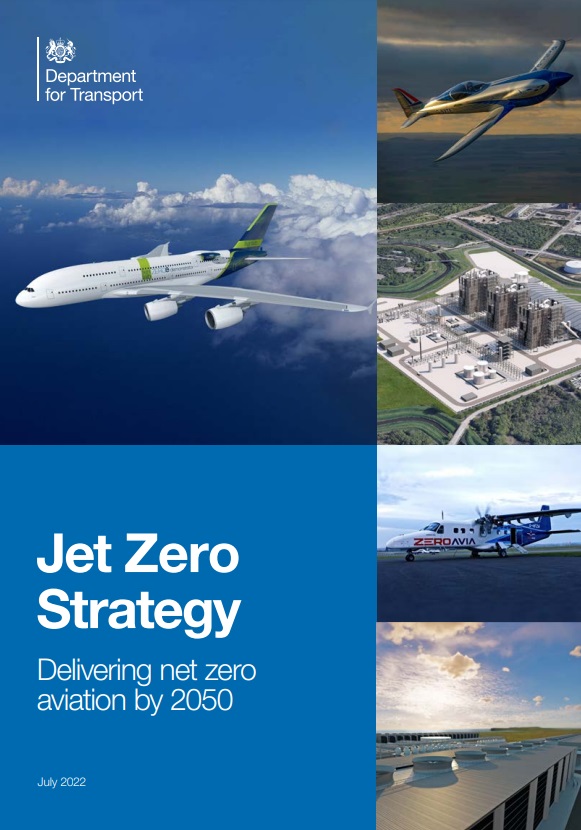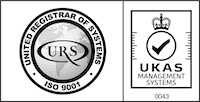What are Sustainable Aviation Fuels (SAF)?
SAF are drop-in aviation fuel blends that can be used in existing aircraft and distribution systems but which have been produced from sustainable feedstocks such as biogenic wastes, renewable electricity and recycled carbon fuels.
SAF achieves lifecycle emissions savings of over 70% when compared with conventional jet fuel. Supporting production and uptake of SAF is therefore a key priority for the UK in reaching net zero aviation by 2050.
SAF - a key priority for reaching net zero aviation by 2050

The UK Government has committed to legally binding targets to reach net zero greenhouse gas emissions by 2050 and individual carbon budgets, which the transport sector must contribute towards. Within this, aviation emissions are challenging to abate compared to other modes of transport due to unique technical constraints.
The use of SAF is a key technology and part of the policy measures in the government’s Jet Zero Strategy. The strategy includes actions in which SAF plays a significant role:
- Introducing a CO₂ emissions reduction trajectory that sees aviation emissions reduce from a peak in 2019
- Using the transition to Jet Zero to create new jobs, industries and technologies across the entire sector and the UK
- By 2025 committing to have:
o at least five UK SAF plants under construction
o a SAF mandate in place with a target of at least 10% SAF by 2030
Investing in the UK's SAF production industry
The UK SAF Clearing House supports the government’s ambition to build a thriving SAF production industry, bring UK innovations to the commercial market, and support thousands of green jobs as well as enhance UK fuel security.
The Department for Transport's Advanced Fuels Fund competition has allocated over £135 million to UK SAF projects to help overcome perceived technological and construction risks and will support our aim to have at least five commercial SAF plants under construction in the UK by 2025.
The aviation sector contributes significantly to the UK economy, directly employing 230,000 people and contributing £22 billion to GDP prior to the pandemic. Failing to invest in decarbonising aviation risks harming the competitiveness of the UK aviation sector as other nations decarbonise their own aviation sectors, negatively impacting UK employment and growth.

